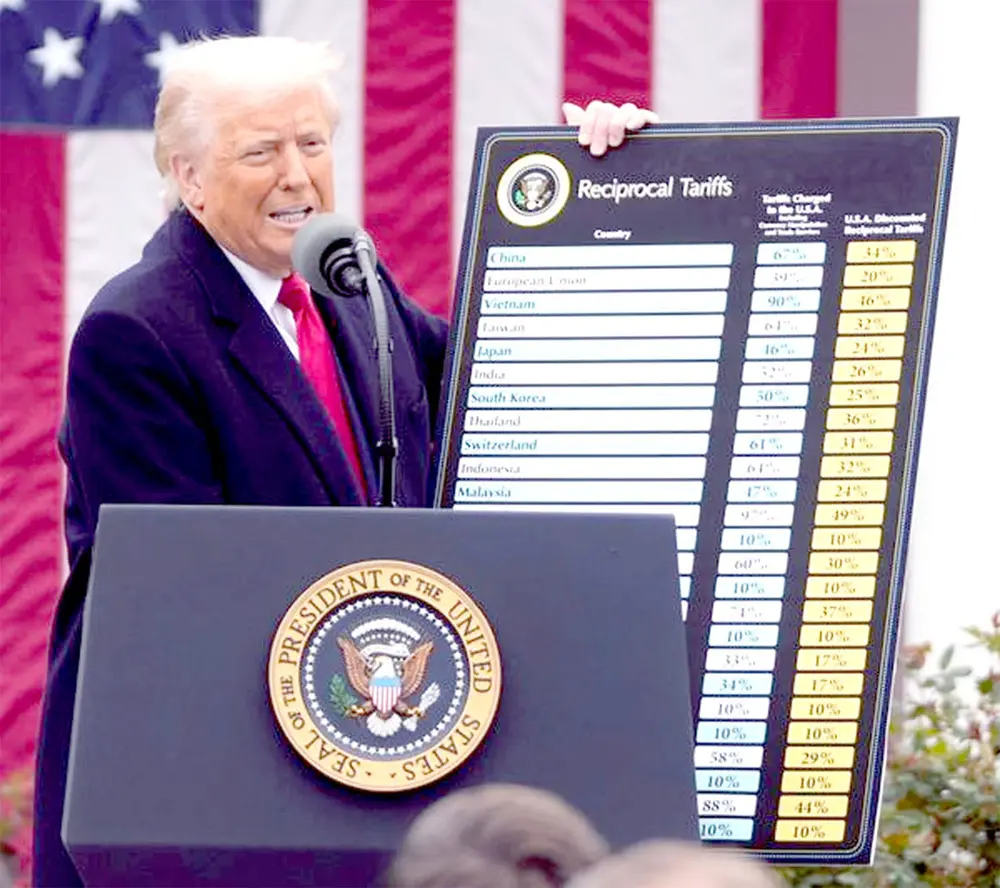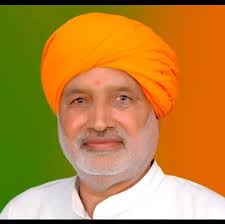
Trump Doesn't Have Authority to Impose Broad Taxes on Every Country: Federal Court.
WASHINGTON - A U.S. federal court ruled Friday that President Donald Trump had no legal authority to impose broad taxes on nearly every country, though the court has for now upheld his efforts to build a protectionist wall around the U.S. economy.
WASHINGTON - A U.S. federal court ruled Friday that President Donald Trump had no legal authority to impose broad taxes on nearly every country, though the court has for now upheld his efforts to build a protectionist wall around the U.S. economy.
The U.S. Court of Appeals for the Federal Circuit ruled that Trump did not have the legal authority to declare a national emergency and impose import taxes on nearly every country. The decision upholds a May ruling by a special federal trade court in New York.
"It seems unlikely that Congress intended... to give the president unlimited tax authority," the judges wrote in a 7-4 decision. "Trump acted lawfully, and we look forward to a final victory on this case," White House spokeswoman Kush Desai said. The ruling complicates Trump's ambitions to completely overhaul decades of U.S. trade policies. Trump has alternative laws to impose import taxes, but they would limit the speed and severity of his action.
The taxes Trump has imposed and the way he has implemented them have rattled global markets, alienated America’s trading partners and allies, and raised fears of higher prices and slower economic growth. But he has also used the taxes to pressure the European Union, Japan and other countries to accept unilateral trade deals and bring billions of dollars into the federal treasury to help pay for the massive tax cuts he signed into law on July 4.
“While existing trade deals will not automatically fall apart, the administration could lose a pillar of its negotiating strategy, which could encourage foreign governments to resist future demands, delay implementing past commitments, or even renegotiate terms,” Ashley Akers, a senior counsel at the Holland & Knight law firm and a former Justice Department trial lawyer, said before the appeals court’s decision.
The government has argued that if the tariffs are eliminated, it could have to pay back some of the import taxes it has collected, which would cause a financial loss to the U.S. Treasury.
“It’s going to be like 1929 all over again, a Great Depression!” Trump said in a previous post on Truth Social. Total revenue from the tariffs was $159 billion as of July, more than double the amount collected at the same time last year. In fact, the Justice Department warned in a legal filing this month that repealing the tariffs could mean “financial disaster” for the United States.
The decision concerns two types of import taxes that Trump justified by declaring a national emergency under the International Emergency Economic Powers Act of 1977. The broad tariffs he announced on April 2, which he calls “Liberation Day,” included “reciprocal” taxes of up to 50 percent on countries with which the United States has a trade deficit and a “baseline” tax of 10 percent on all others.
The plaintiffs argued that the emergency powers law does not authorize the use of tariffs.
They also noted that trade deficits rarely meet the definition of an “unusual and special” threat that would justify declaring an emergency under the law. The United States, after all, has run a trade deficit — in which it buys more from foreign countries than it sells — for 49 consecutive years, in both good times and bad.
The Trump administration argued that the courts had approved President Richard Nixon’s emergency use of the taxes in the 1971 economic crisis that stemmed from the turmoil that followed his decision to end the policy that pegged the U.S. dollar to gold.
In May, the U.S. Court of International Trade in New York rejected the argument, ruling that Trump’s Liberation Day taxes “exceeded any authority granted to the president” under the Emergency Powers Act. In reaching its decision, the trade court combined two challenges — one by five businesses and one by 12 U.S. states — into a single case.














